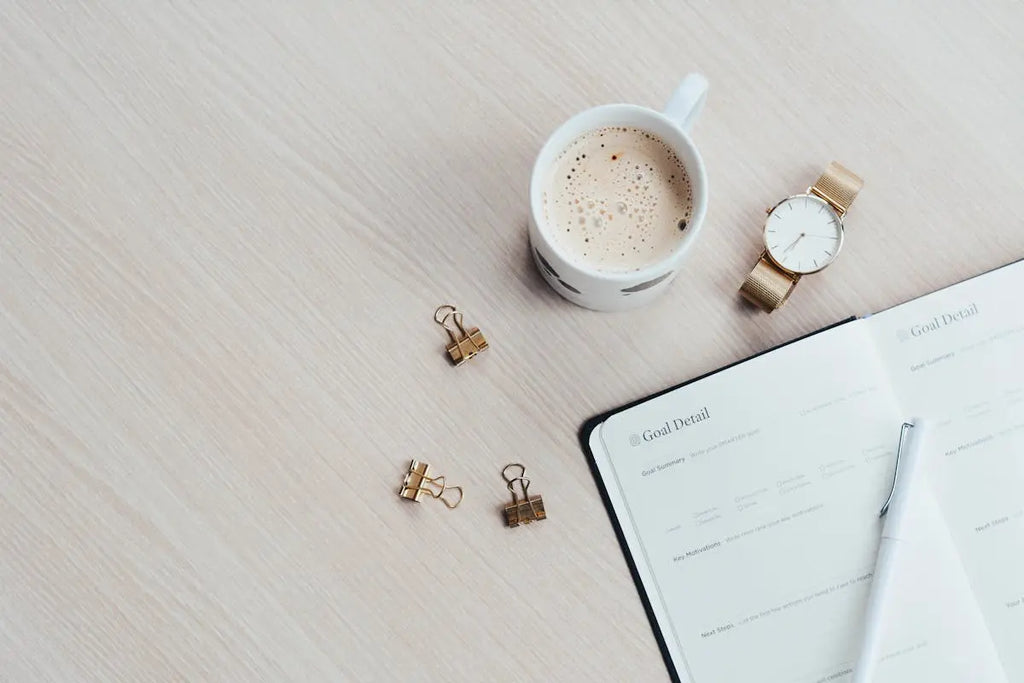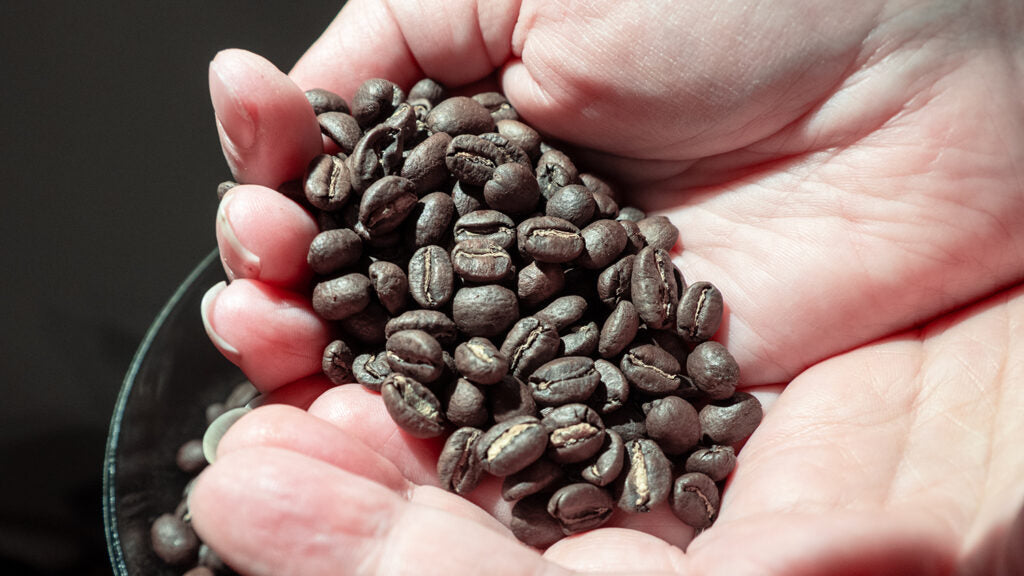
How To Keep Coffee from Damaging Your Dental Health

Moderate coffee drinking without the addition of sugar likely isn’t directly hurting your oral health.
Scientific analyses have found no associations between coffee and gum disease.2 Coffee is also not likely to be the direct cause of cavities. In fact, some research has pointed to it being beneficial against one of the main types of bacteria that cause cavities.3 More research needs to be done to make any direct conclusions.
If you’re worried about the impact coffee is having on your teeth, a few tweaks can help make your coffee habit less damaging:
Drink it Faster
You don’t have to drink your whole cup of coffee within minutes, but try allotting 30 minutes for coffee instead of sipping it over several hours.
Drinking the same amount of caffeine in smaller volumes might also be helpful. You can enjoy a cup or two of espresso much faster than a large dark roast.
Cut the Sugar
Adding sugar to your coffee can increase the risk of decay and cavities. If you drink your coffee with sugar every day, it may be a good idea to cut back.
Add Dairy
Some older research has shown that adding milk to tea or coffee can reduce staining due to the protective effects of a protein called casein.6 However, another study found that teeth soaked in milk before being immersed in coffee still became stained.7
Dr. Robles said milk does contain vitamins and minerals, like calcium and phosphorus, that are beneficial for keeping teeth healthy. But it also contains carbohydrates. Eventually, any carbohydrate residue on your teeth turns into damaging acids.
Therefore, milk in your coffee or not, it’s still a good idea to swish with water and brush your teeth afterwards.
Author: Zoe McDonald
Link to full story: https://www.health.com/is-coffee-bad-for-your-teeth-7488391









